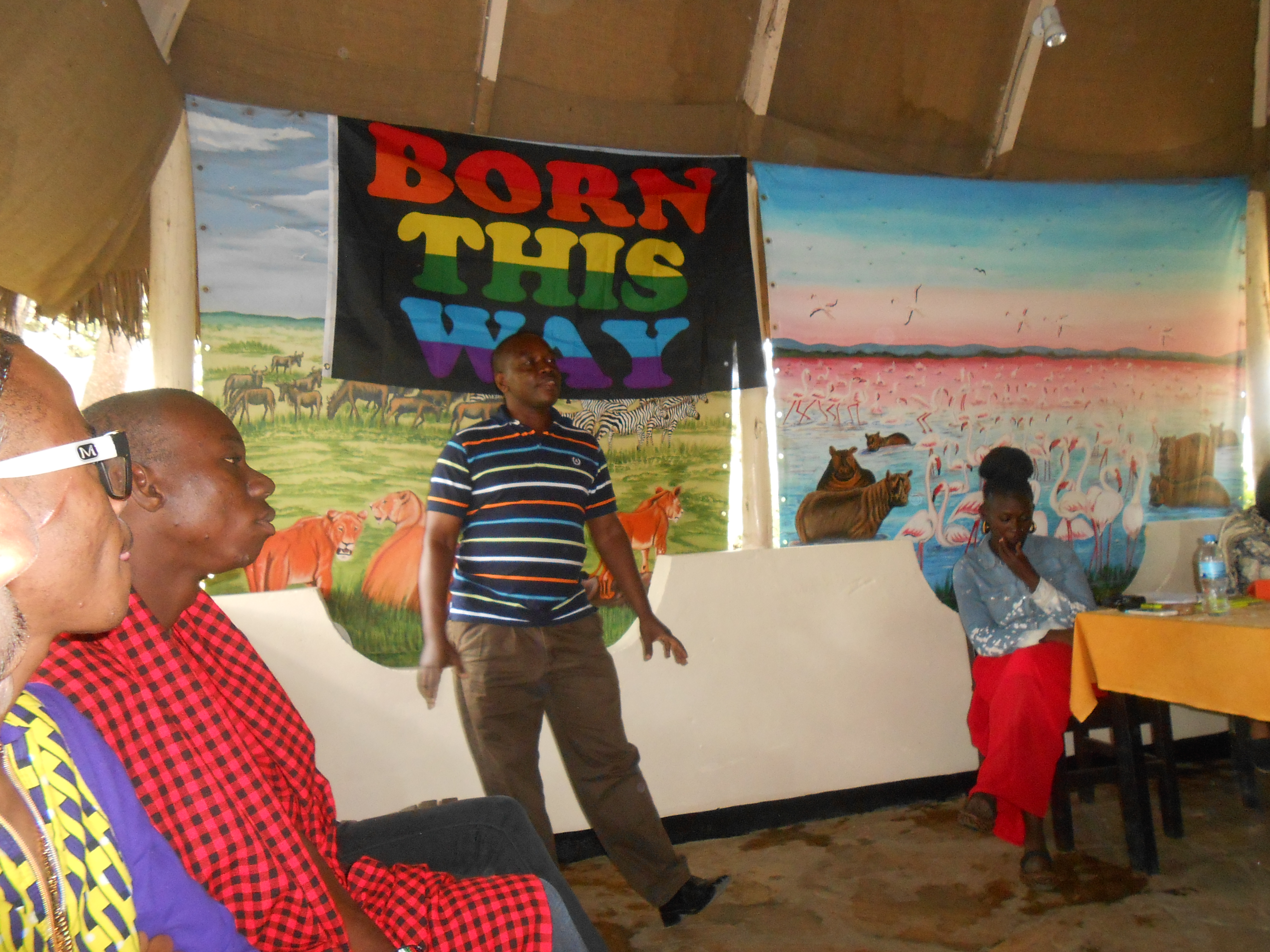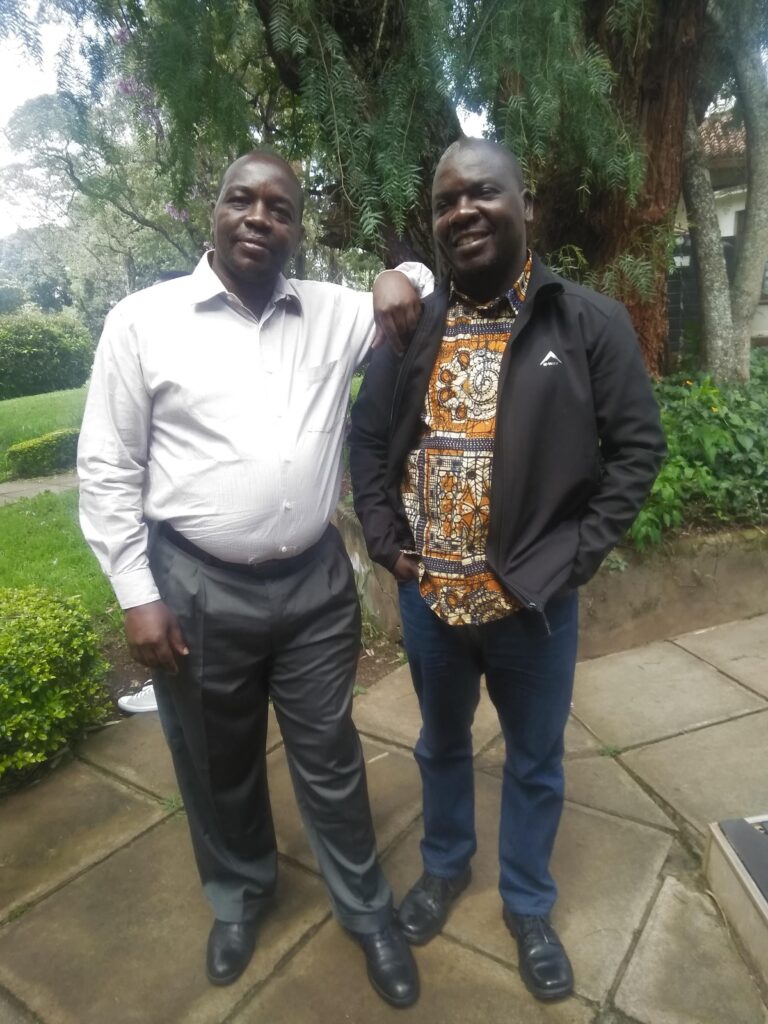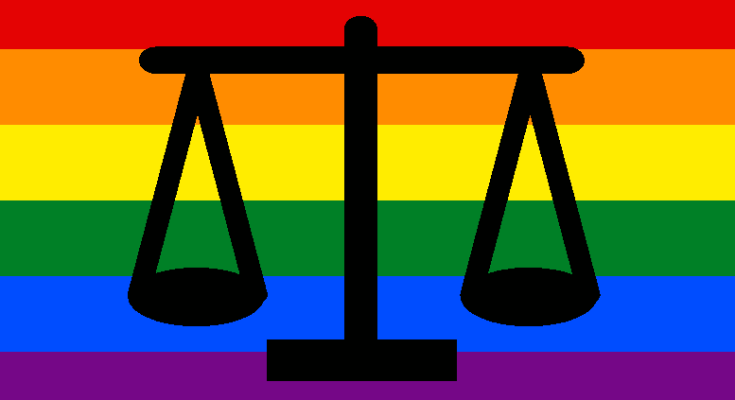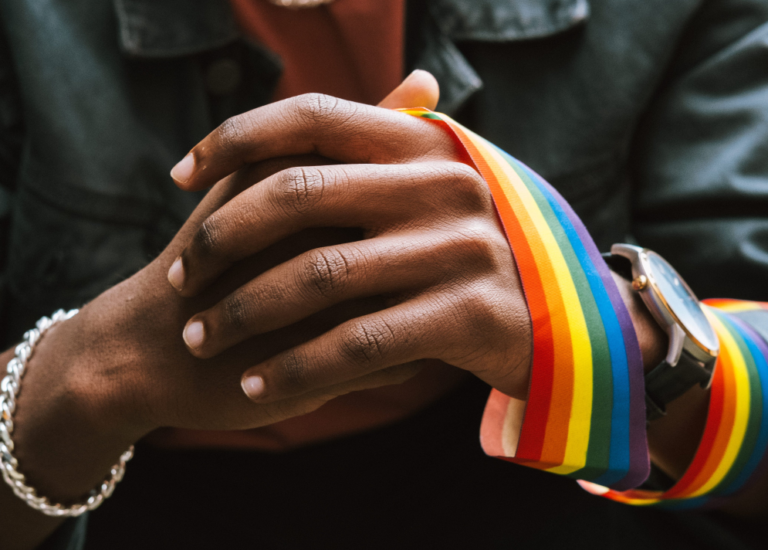
Over the past fifteen years, the LGBTQ rights movement in Tanzania has undergone significant transformations and progress, leading to notable advancements by 2024. Back in 2009, the LGBTQ community faced numerous challenges and pervasive discrimination, with limited visibility and support. However, in recent times, there has been a remarkable upsurge in the visibility, support, and advocacy for LGBTQ individuals, signaling a significant shift in societal attitudes towards them. Today, we witness some parents increasingly embracing and endorsing their LGBTQ children, fostering an environment of acceptance and understanding.
SOCIAL VISIBILITY AND ACTIVISM
One key aspect of the changing landscape is the increased presence of LGBTQ organizations and groups that have emerged to champion the rights of this community. These organizations, such as LGBT Voice Tanzania and advocacy groups, provide much-needed resources, assistance, and safe spaces for individuals to seek guidance and support. They organize events, workshops, and educational programs to raise awareness and promote inclusivity, ultimately contributing to the overall progress of the LGBTQ rights movement.
In 2009, Tanzania faced a deeply conservative and intolerant culture, which posed immense challenges for the LGBTQ community in openly expressing their true selves. Discrimination, violence, and social stigma were widespread, forcing many LGBTQ individuals to live in constant fear and secrecy.
The LGBTQ community was largely marginalized and silenced, with very limited visibility and the absence of any LGBTQ groups or organizations. The media has played a crucial role in amplifying the voices and stories of LGBTQ individuals. The increasing number of LGBTQ individuals openly expressing their identities, their presence on social media platforms, and their inclusion in interviews to share their experiences have become more common.
These efforts have helped to humanize their struggles and foster empathy and understanding among the general population. The increased representation in the media has contributed to a greater sense of visibility and recognition for the LGBTQ community, challenging stereotypes and promoting a more inclusive society.
Another significant development is the growing support from allies and the general public. As awareness and understanding of LGBTQ issues have grown, more individuals have become vocal advocates for equality and justice. This includes not only friends and family members but also lawyers are now willing to promote LGBTQ rights. Their endorsement and solidarity have further strengthened the movement, encouraging others to join in the fight for equal rights and fair treatment.
Fast forward to 2024, and the landscape has dramatically changed. LGBTQ individuals are increasingly coming out and openly expressing their feelings in society and on social media platforms. While recognition and acceptance are still progressing slowly, there have been notable improvements in Tanzania. The LGBTQ community has become more visible and vocal, advocating for their rights and demanding equal treatment. Several LGBTQ organizations and activists have emerged, providing support, resources, and safe spaces for the community.
LEGAL FRAMEWORK
Tanzania continues to face significant challenges in terms of legal progress, particularly when it comes to LGBTQ rights. The current laws in place criminalize homosexual relationships under sections 153-157 of the Penal Code, resulting in the imprisonment of individuals who identify as LGBTQ. This not only violates their fundamental human rights but also impedes the country’s overall journey towards equality and inclusivity.
The criminalization of same-sex relationships is not the only restriction imposed by Tanzania. The registration of LGBTQ rights organizations and groups is also heavily restricted. This limitation makes it incredibly difficult for advocates to actively promote LGBTQ rights and provide much-needed support to the community. Without the legal recognition and protection of these organizations, LGBTQ individuals are forced to face an uphill battle in their fight for equality.
Furthermore, the lack of legal safeguards for LGBTQ people in cases of violence, expulsion from educational institutions, job termination, or eviction from their residences further exacerbates the challenges they face. Without proper legal protection, they are left vulnerable and often have no recourse when faced with discrimination or harm. This perpetuates a climate of fear and hampers the overall well-being and progress of the LGBTQ community.
ALLIES
Despite the numerous obstacles faced, there are courageous and determined attorneys in Tanzania who are willing to take a stand and defend the rights of LGBTQ individuals. These attorneys serve as beacons of hope in the ongoing struggle for equality. Their bravery and unwavering commitment to justice are commendable.
These Tanzanian attorneys play a crucial role in advocating for the rights of LGBTQ individuals and fighting against the systemic discrimination they face. By representing LGBTQ clients in legal battles, they challenge the prevailing prejudices and stereotypes that hinder the progress of equality. Their dedication to ensuring justice is an inspiration to others.
Their impactful work is their involvement in cases that have brought attention to the plight of LGBTQ individuals in Tanzania. These attorneys have fearlessly taken on high-profile cases, shedding light on the injustices and human rights violations experienced by the LGBTQ community. Through their legal expertise and strategic advocacy, they have successfully challenged discriminatory laws and policies. these attorneys collaborate with local and international human rights organizations to amplify their efforts. They leverage their expertise and networks to build alliances, share best practices, and advocate for policy changes at both national and international levels. Their dedication to creating a more inclusive society extends beyond the courtroom.
The impact of their work is evident in the lives they have transformed. By providing legal representation and support to LGBTQ individuals, they give them a voice and empower them to assert their rights. Through their advocacy, they have helped secure landmark victories, such as the decriminalization of same-sex relationships in some jurisdictions.
It is important to acknowledge the risks and challenges these attorneys face in their pursuit of justice. They often encounter hostility, threats, and intimidation from those who oppose LGBTQ rights. Despite these dangers, they remain undeterred, driven by their unwavering belief in the inherent dignity and worth of every individual, regardless of their sexual orientation or gender identity.
TRANSGENDER AND TRANSITION
Gender reassignment and name change procedures pose significant obstacles for transgender individuals in Tanzania. The process of obtaining legal recognition of their gender identity and changing their names involves intricate legal and bureaucratic steps, which can be overwhelming and burdensome. These challenges further impede transgender individuals who are striving to align their legal identities with their authentic selves.
The challenges faced by transgender individuals in Tanzania are not limited to the legal and bureaucratic realm. Societal attitudes and prejudices towards transgender individuals also present significant barriers. Discrimination and stigmatization can make it difficult for transgender individuals to access healthcare, education, employment, and housing. This exclusion further exacerbates their vulnerability and hinders their ability to live authentically.
THE NEED
It is crucial for Tanzania to address these legal and societal barriers in order to create a more inclusive and equal society. By repealing laws that criminalize same-sex relationships, allowing the registration of LGBTQ rights organizations, and implementing robust legal protections for LGBTQ individuals, Tanzania can take significant steps towards progress and ensure the full enjoyment of human rights for all its citizens.




